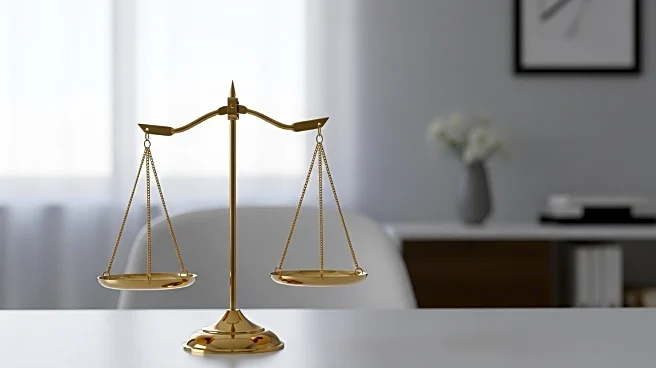What's Happening?
The Internal Revenue Service's Independent Office of Appeals has initiated a two-year pilot program aimed at increasing taxpayer awareness and utilization of post-appeals mediation (PAM). This program allows taxpayers to request mediation after an unsuccessful appeals proceeding. If accepted, the parties engage in an accelerated mediation session to negotiate a resolution. The sessions, typically lasting one day, are facilitated by an appeals mediator with no prior connection to the case. Taxpayers also have the option to bring their own co-mediator. The pilot program introduces a structural change where cases will be reassigned to an appeals team unconnected with the original case to represent appeals in the mediation session.
Why It's Important?
This initiative is significant as it aims to improve the efficiency and effectiveness of the IRS's dispute resolution process. By offering a cost-effective alternative to litigation, the program could enhance taxpayer satisfaction and optimize IRS resource allocation. The success of PAM proceedings could lead to broader adoption of alternative dispute resolution methods, potentially reducing the backlog of unresolved tax disputes. This could benefit both taxpayers and the IRS by fostering quicker resolutions and reducing administrative burdens.
What's Next?
The pilot program will run for two years, during which the IRS will likely assess its effectiveness and gather feedback from participants. Depending on the outcomes, the IRS may consider making the structural changes permanent or expanding the program. Stakeholders, including taxpayers and tax practitioners, will be closely monitoring the program's impact on dispute resolution efficiency and taxpayer experience.









